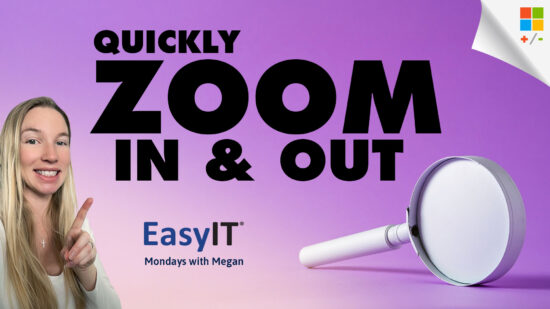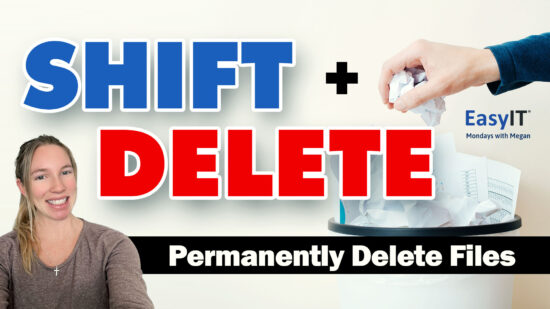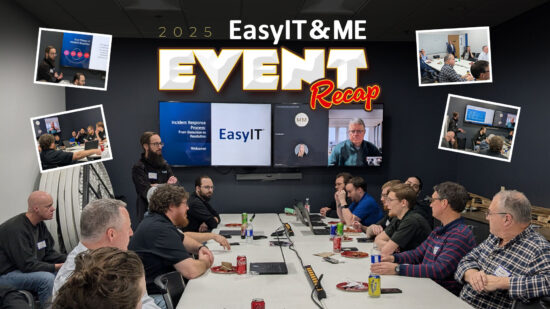No one likes being forced into doing something they don’t want to?. A lack of flexibility makes people feel stifled in all parts of their life. This is the era of personal freedom – with cell phones that provide constant access to nearly anything, all the time, from anywhere (except maybe Antarctica, and they may even have cell service there these days). So, if your employee can literally go to the top of Mt. Everest, take a selfie and post it on Twitter in real time, not being able to access critical business applications outside of the office makes your company look like a dinosaur. (T-Rex’s are cool, but they’re still extinct.)
The ability to occasionally work remotely is an expectation of our younger work force. A recent study at the 2014 Global Leadership Summit found that business owners anticipate 50% of their workforce will be remote by the year 2020. With 43% of millennials now adults, a number that will only continue to rise; meeting these cultural expectations will be a business requirement if you want to keep your competitive edge in hiring and retaining good employees.
While this need for remote work access is heavily prevalent with the rising millennials, employees of all ages have come to expect remote access. Cloud capabilities are critical in allowing your staff to be productive at all times, from any location. And if you’re worried about measuring dollars and cents, tracking your employees based on timely results, instead of hours at a desk, can actually increase their productivity.
That’s not only freedom for your employees, but it’s also freedom for your business.
What if you could eliminate sick days? Minor colds and viruses that “should” keep your employee home, are often brought into the office only to sicken every-one else because the employee feels their presence is physically needed in the office. Remote business access allows them to work from the comfort of their homes; tissues, sneezing, germs and all. Your company can keep moving forward, on schedule. Productivity doesn’t have to suffer when a nasty cold or bug attacks one or more of your employees.
Additionally, remote business access is one of your best options for protecting yourself against an IT disaster. Storing all of your critical business data in the cloud – a private, secure cloud – means that if you experience a major IT outage, downtime only lasts as long as it takes you to get to your nearest Starbucks (or other WiFi source).
Still, some companies we’ve worked with have expressed hesitation with the security of remote business access. The right IT partner can help ensure that your company is safe and accessible from anywhere on the globe (almost). Your systems need to be set up correctly for you to feel that your data is safe. Your phones and laptops need to be properly encrypted so that loss or theft doesn’t provide a great threat to your confidential files. Acquire two factor authentication and virtual private networks can also provide an additional layer of needed protection. These are all things that a managed services provider will know how to do, correctly and cost-efficiently.
There are answers, easy answers, to your remote business access frustrations. By applying the right technical infrastructure, maintaining your security procedures, and utilizing new managerial tools for measuring and maintaining results, your company can make remote business access a reality. Avoiding the remote business access “trend” will only disrupt your business down the road. Break through your office chains and open your doors to new business efficiency, productivity, and employee satisfaction. It’s a win-win-win.





